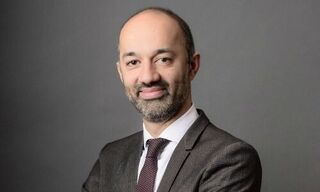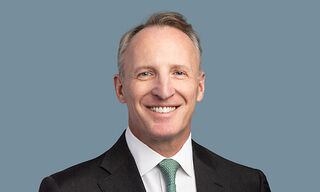Passive investments are the flavor of the boom market, making active asset management look increasingly unattractive. Or so it seemed until Kim Jong-un and Donald Trump started trading insults.
Companies managing passive investment funds so far have sold about $4.5 trillion worth of exchange traded funds (ETFs) and expect to reach the $5 trillion mark by year end. Losing out are wealth managers who prefer active investments. The boom of passive investment products is in its fifth year.
The euphoria however seems to be fizzling out. Some institutional investors are about to change tack, according to a survey by Allianz Global Investors, the asset management unit of Germany’s Allianz. The study comes as a surprise after institutional investors preferred the passive products for reason of price for years – Switzerland for instance became Europe’s second-largest market for ETFs.
Global Political Risks
The immediate trigger for the change was concern about global political and economic trends. The study shows how investors rank levels of concern (see table below).

Geopolitical dangers topped the list of the greatest challenges for the first time (44 percent of 755 institutional investors surveyed), following by concern about a slowdown of economic growth (41 percent) and rising interest rates (32 percent).
Risk for Flash Crashes
The belligerent tones between two nuclear powers North Korea and the U.S. are keeping investors awake at night. And concern about global risks will likely affect investment funds. They may have increased in value during the long bull market, but will naturally drop as much as the indexes they mirror if events occur that investors are worrying about.
What’s worse is that automated trading by ETFs accentuate the decline of equity markets, with so-called flash crashes the consequence. Two out of five institutional investors believe in a so-called tail risk event, in other words a major crash.
Thus, they tend to turn their backs on passive investing – with a majority of institutions opting for actively managed investments. In Europe, 61 percent of institutional assets are actively managed and a quarter of the surveyed confessed to increase the share of active investments in future (see table below).

Should the study be born out by reality, active asset managers will get another chance to proof their worth.



























